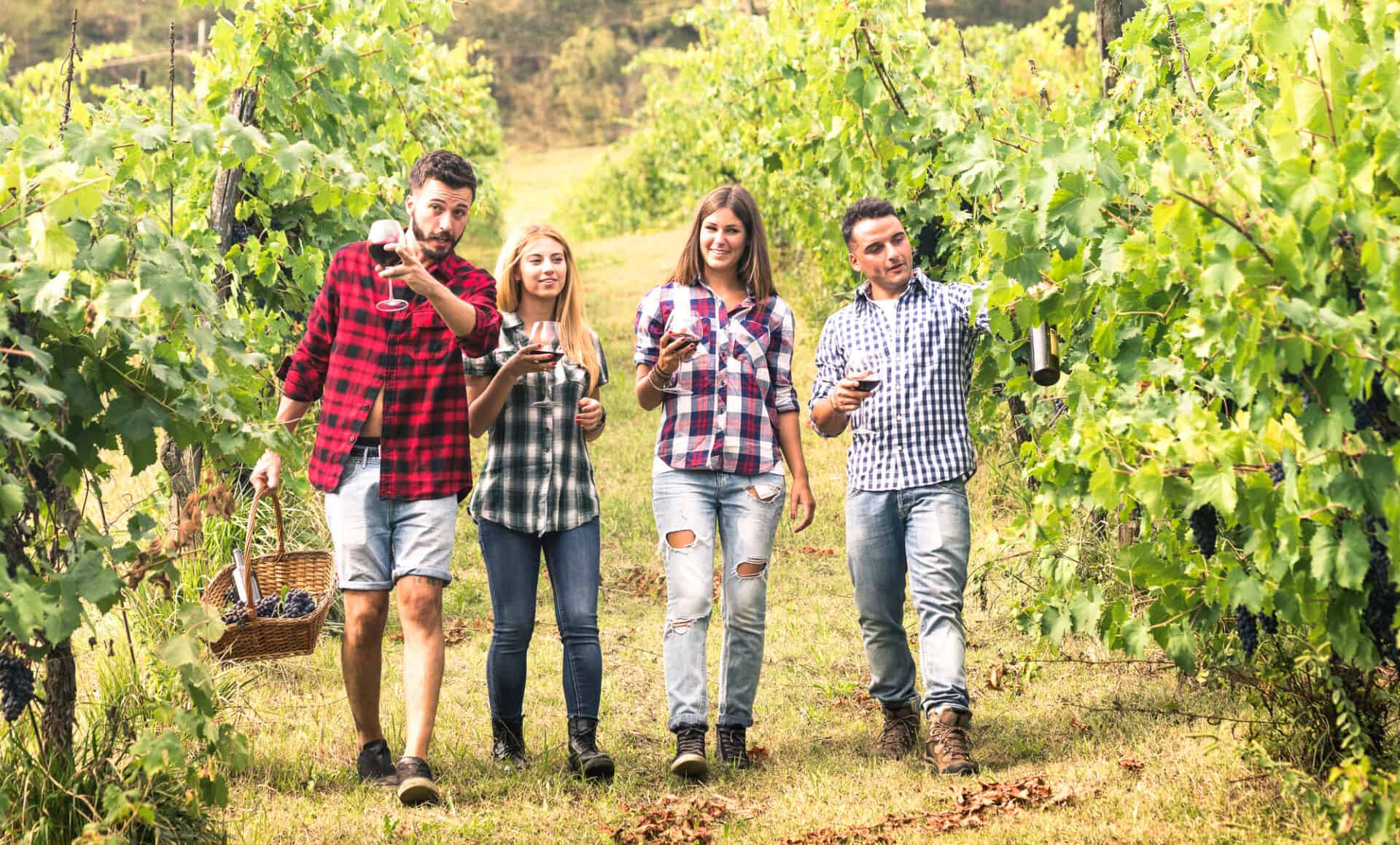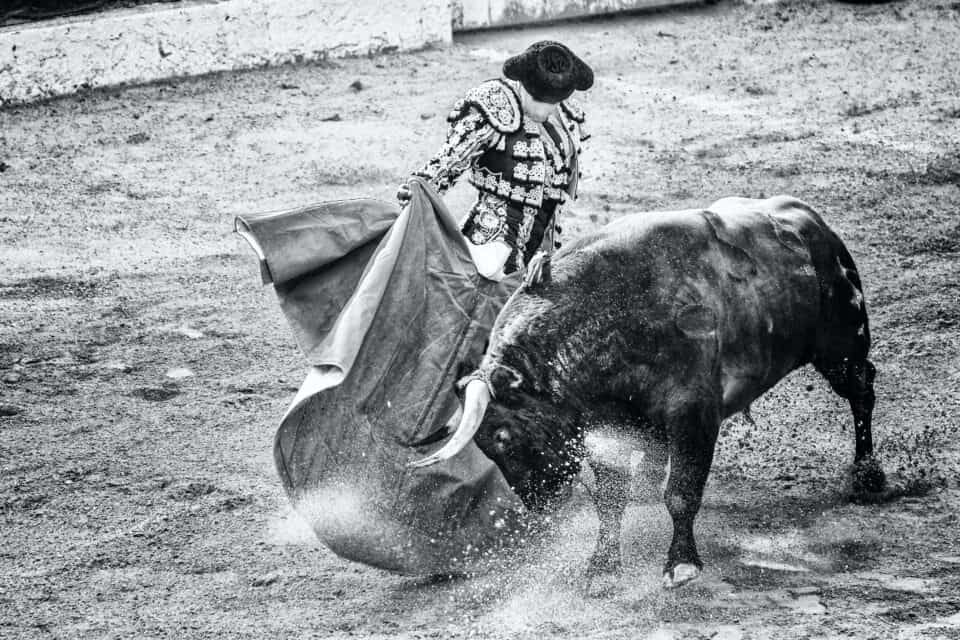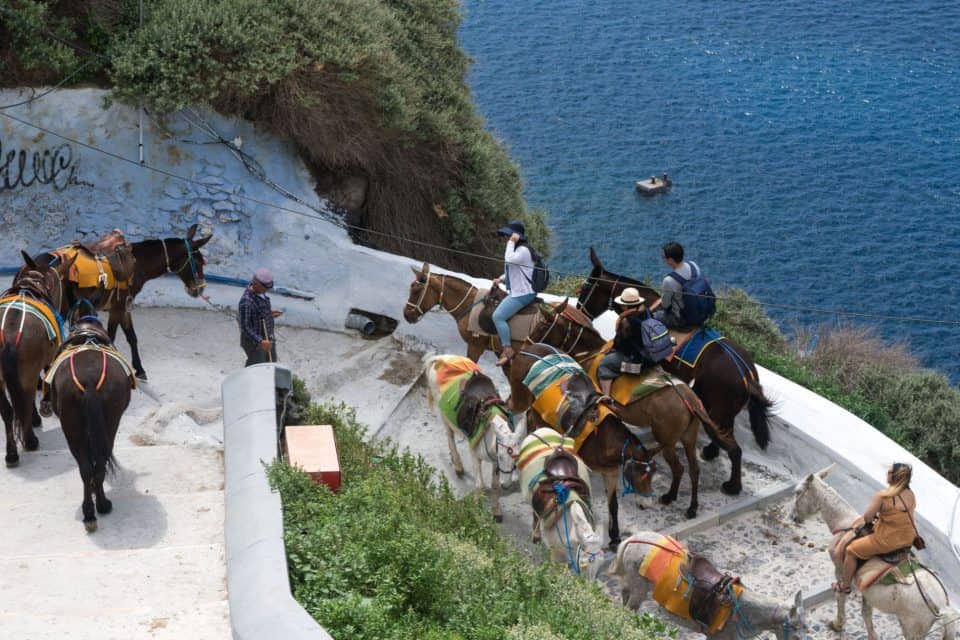Slow Food is an international movement that originated in Italy in 1986 as a response to the rise of fast food and the disappearance of traditional food cultures. Since its beginnings, Slow Food has grown into a global movement involving millions of people in over 160 countries, working to ensure everyone has access to good, clean and fair food, and emphasizing the importance of quality, sustainability, and social equity in the food system.
Some key aspects of Slow Food:
Preserving Food Culture: Slow Food aims to preserve traditional food cultures, culinary techniques, and local food traditions that are in danger of disappearing due to the dominance of fast food and industrial agriculture.
Quality and Taste: Slow Food prioritizes the enjoyment of food and promotes the idea that food should be both delicious and nutritious. It encourages the use of high-quality, seasonal ingredients and supports small-scale producers who prioritize flavor and sustainability.
Sustainable Agriculture: Slow Food advocates for sustainable and regenerative agriculture practices that respect the environment, promote biodiversity, and minimize the use of chemicals and genetically modified organisms (GMOs). It supports small-scale farmers, local food systems, and indigenous food traditions.
Conscious Consumption: Slow Food encourages consumers to be conscious of their food choices. It promotes the idea of “voting with your fork” by supporting local and sustainable food producers, choosing organic and seasonal foods, and avoiding highly processed and industrialized products.
Food Education: Slow Food believes in the importance of food education, both for children and adults. It promotes learning about food production, cooking, and the environmental and social impacts of our food choices. Slow Food also supports initiatives to bring food education into schools and communities.
Fairness and Social Equity: Slow Food advocates for fair and equitable food systems, where all people have access to healthy and culturally appropriate food. It supports fair prices for producers, fair wages for workers, and initiatives that fight food insecurity and inequality.
Slow Food Presidia: Slow Food Presidia are projects that aim to protect and promote traditional food products, production methods, and local ecosystems. These projects involve working closely with local communities, producers, and experts to preserve and revive traditional food heritage.
Slow Food Events: Slow Food organizes events, such as the Terra Madre Salone del Gusto, where producers, chefs, activists, and food enthusiasts from around the world come together to celebrate, share knowledge, and exchange ideas about good, clean, and fair food.
Slow Food’s philosophy has inspired numerous initiatives worldwide, including local chapters, community-supported agriculture programs, and farm-to-table movements. It continues to advocate for a more sustainable, ethical, and enjoyable food system that respects cultural diversity and nourishes both people and the planet.
For more info go to Slow Food Travel
Slow Food has launched a global partnership with Airbnb to promote sustainable tourism and work together to deliver social impact experiences
Biodynamic wine
Biodynamic wine making is a holistic and sustainable approach to vineyard management and wine production that goes beyond organic farming practices. It takes into account not only the health of the vineyard but also the overall well-being of the ecosystem in which it exists. Biodynamic agriculture was first developed in the early 20th century by Austrian philosopher and scientist, Rudolf Steiner, who believed in the interconnectedness of the soil, plants, animals, and the cosmos.
Biodynamic wine making follows organic farming principles. It avoids the use of synthetic pesticides, herbicides, and chemical fertilizers. Instead, natural and organic alternatives are used to promote soil health and biodiversity. Biodynamic vineyards strive to create a diverse and balanced ecosystem. They often incorporate features like hedgerows, wildflower strips, and ponds to attract beneficial insects, birds, and other wildlife. This helps to control pests and promote natural pollination.
Composting is a vital aspect of biodynamic wine making. Biodynamic compost is made by combining plant and animal materials, such as manure, with specific biodynamic preparations. This process helps to enhance soil fertility, promote microbial activity, and improve nutrient availability. Biodynamic wine making considers the influence of celestial and lunar cycles on viticulture activities. Planting, pruning, and harvesting are timed according to the phases of the moon and other cosmic rhythms believed to impact plant growth and development.
Tenuta Mara in Italy
Visiting Tenuta Mara means living an extraordinary wine experience. A journey lasting approximately two hours which, starting from the park and the works of art, continues in the vineyard, where the grapes that will become ‘MaraMia’ are born and grow. During the journey, you will be lulled by the sounds of Mozart’s notes spread along the rows by a speaker system, as well as by the chirping of the numerous birds that populate the estate, a natural oasis, symbol of a perfect ecosystem. Inside, the visit begins in the music room from which you can access the ‘sacred’ places of wine: the Tinaia, the Cellar, the Bottaia. A wonderful sensorial experience that ends with the tasting of the wine: MaraMia. Website: Tenuta Mara.

This article is part of the series by Conscious Travel Guide, your resource for mindful globetrotting.


